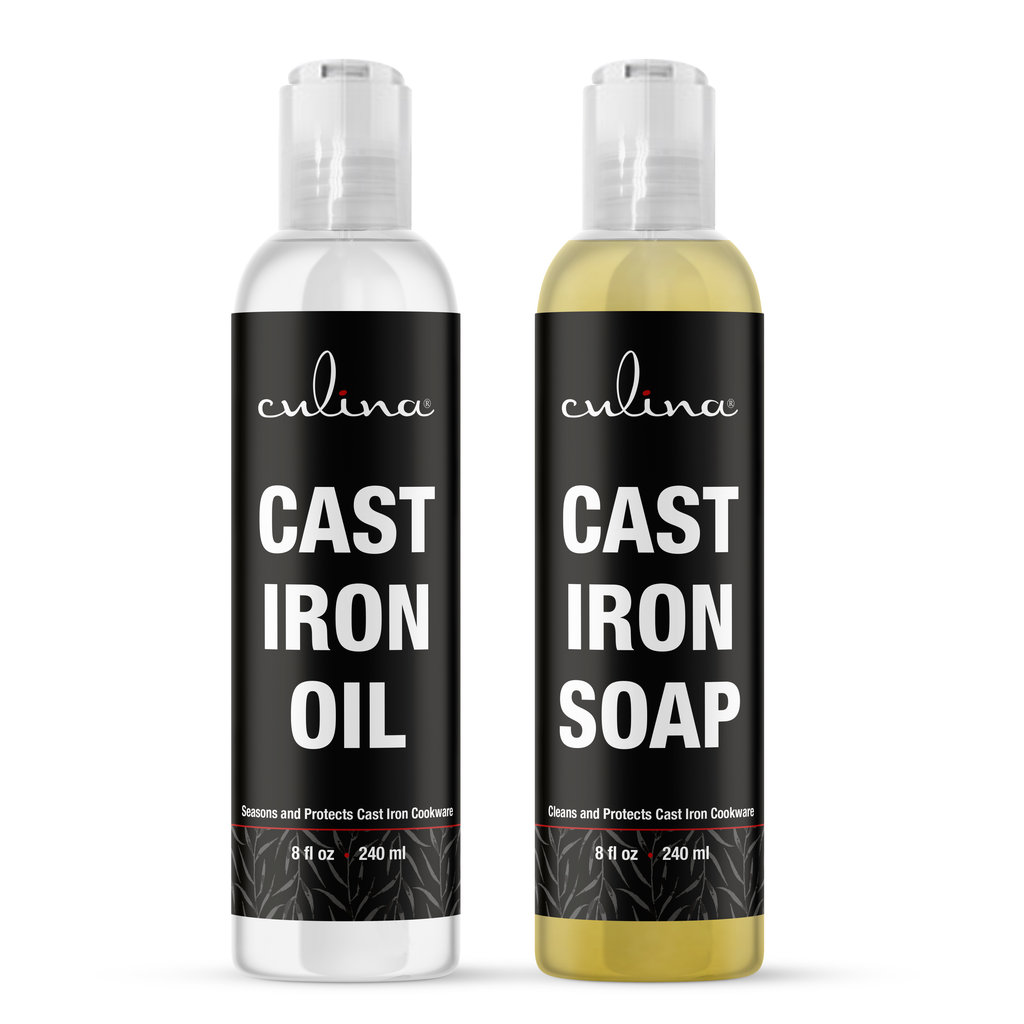What Can You Substitute for Vegetable Oil in Your Recipes?
When it comes to cooking and baking, many beauticians often face the question: what can you substitute for vegetable oil? This common ingredient serves as a versatile base for many beauty treatments and culinary endeavors. As professionals who work closely with beauty products and food preparations, understanding the right substitutes can enhance both your culinary skills and your beauty routines.
In this comprehensive article, we will delve into various substitutes for vegetable oil that are not only effective but also important for a range of beauty applications. It's crucial for beauticians to know these alternatives to cater to their clients' varied needs. Lets explore!

Why Look for Alternatives to Vegetable Oil?
There are several reasons why one might search for alternatives to vegetable oil. These can include dietary restrictions, allergies, flavor preferences, or simply running out of supply. For beauticians, especially those looking for **natural** and **healthy** options to recommend to their clients, knowing various substitutes can be invaluable.
Furthermore, by opting for different oils, you can introduce various beneficial properties into your recipes. For example, some oils are rich in fatty acids that are great for skin health, while others might provide antioxidant benefits.

Common Substitutes for Vegetable Oil
Now lets take a closer look at some common substitutes for vegetable oil.
1. Olive Oil
Olive oil stands out as one of the best substitutes for vegetable oil. Its rich taste and numerous health benefits make it a solid choice. Olive oil is packed with antioxidants and has anti-inflammatory properties, making it great for both cooking and skin treatments. Plus, its a staple in Mediterranean diets.
You can use it in place of vegetable oil in dressings, marinades, and for sauting vegetables. However, due to its stronger flavor, it may not be suited for every dish.
2. Coconut Oil
Coconut oil is another fabulous substitute known for its unique flavor and numerous benefits. Its great for cooking and baking as it adds a touch of sweetness. Its also perfect for skin and hair treatments, making it a favorite among beauticians. Coconut oil is solid at room temperature, so you might need to melt it if a liquid is required.
Castor oil benefits can also align with coconut oil uses as both provide skin hydration and nourishment.3. Grapeseed Oil
Grapeseed oil is another suitable alternative. It's light and has a high smoke point, meaning it doesn't easily break down at high temperatures. This oil is rich in polyunsaturated fats and vitamin E. Grapeseed oil can replace vegetable oil in most recipes, providing a mild flavor that wont overpower your dish.
For a more in-depth comparison on healthy options, check out this article on grapeseed oil vs sunflower oil.
4. Canola Oil
Canola oil is derived from rapeseed and offers a neutral flavor, making it an excellent substitute for vegetable oil. It is lower in saturated fats and higher in unsaturated fats, making it heart-friendly. However, those concerned about processed foods should consider this point before using it.
5. Avocado Oil
Avocado oil is rich in monounsaturated fats and has a high smoke point, making it great for frying and sauting. It's also packed with vitamins, making it beneficial for skin applications. When substituting, simply use a one-to-one ratio as in your recipes calling for vegetable oil.

Health Benefits of Oil Substitutes
Many substitutes for vegetable oil offer additional health benefits, particularly when it comes to beauty and skin applications. Here are some notable benefits:
- Hydration: Oils like olive and avocado are known for their hydrating properties, ideal for skincare products.
- Anti-inflammatory: Coconut and grapeseed oils can help soothe inflammation in the skin.
- Antioxidants: Oils rich in antioxidants can protect the skin from free radicals.

Cooking Techniques with Oil Substitutes
For beauticians experimenting with oils in cooking or recipes, its vital to understand how to use your substitutes effectively:
- Always consider the **smoke point** of the oil being used to prevent burning.
- Factor in the flavor profile of the substitute; some may alter the taste of the dish.
- Experiment with different oils in dressings and marinades for enhanced flavor.
Environmental Considerations
When deciding on a substitute, also consider the environmental impact of sourcing these oils. Some alternatives may have a higher carbon footprint than others, depending on how they are produced. Aim for oils that are ethically sourced and support sustainability.
FAQ: Oil Substitutes for Beauticians
1. Can I use butter instead of vegetable oil?
Yes, butter can be used as a substitute particularly in baking, but it will add a richer flavor to your dishes.
2. What is the best oil for frying?
Oils with high smoke points, like avocado oil or grapeseed oil, are excellent for frying as they wont breakdown easily.
3. Are there plant-based oils I can recommend for skincare?
Yes, oils such as jojoba oil, argan oil, and even almond oil are great options for skincare due to their moisturizing properties.
Conclusion
Incorporating various substitutes for vegetable oil into your cooking and beauty recipes not only opens up new flavor profiles but can also enhance the nutritional value of meals. As a beautician, understanding what can you substitute for vegetable oil is important for both your professional and personal needs. Experiment with these alternatives, and youll find what works best for you!
For cleaning the mess of oils, refer to this guide on cleaning a commercial kitchen.
As an Amazon Associate, I earn from qualifying purchases.

